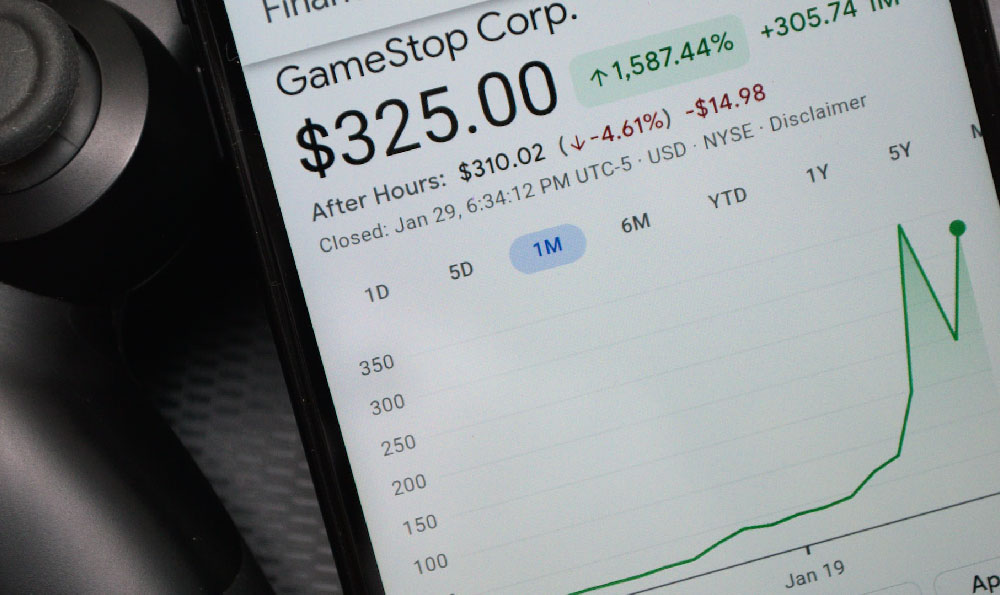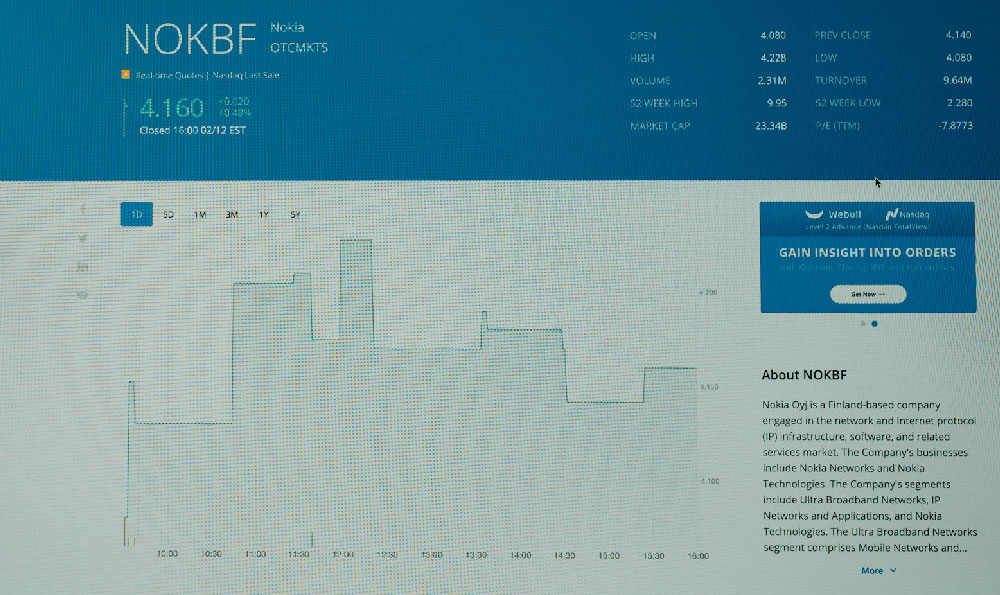Writing a book can be a powerful way to generate income, but it's not merely about crafting a compelling story. Success in this domain requires a strategic approach that intertwines creative writing with effective monetization techniques, audience engagement, and distribution channels. The modern publishing landscape is vast and multifaceted, offering writers multiple avenues to profit beyond traditional publishing deals. Whether you're aiming to sell physical copies, secure royalties, or explore alternative revenue streams, understanding the dynamics of this field is essential.
To effectively monetize your writing, begin by identifying your niche and ensuring your content aligns with the demands of the market. Research trends in genres that have a proven readership, such as self-help, fiction, or technical guides, and analyze the success of similar works. For instance, books on productivity or financial literacy often attract a dedicated audience willing to invest in knowledge. Tailoring your writing to address specific pain points within these niches can significantly enhance your chances of resonating with readers. Additionally, consider the target demographic—whether they prefer digital formats, audiobooks, or tangible packages. Understanding these preferences allows you to choose the most suitable platforms for distribution and sales.
Building a personal brand is crucial for long-term financial success. Establishing credibility as an author can be achieved through consistent output, engaging with readers on social media, and sharing your creative process. For example, authors who maintain active blogs or participate in online writing communities often see increased visibility and reader loyalty. Publishing samples of your work online before the official release can attract early interest and create a buzz around your book. This strategy also enables potential readers to assess the quality of your writing, fostering trust before purchase. Furthermore, leveraging platforms like Medium or Substack to share serialized content can serve as both a marketing tool and a means to generate income through subscriptions.

Self-publishing has emerged as a viable option for many writers seeking independence and higher royalty rates. Platforms such as Amazon KDP, Ingram, and Lulu provide accessible tools for formatting, designing, and distributing books. However, the process is not without challenges. High-quality book design, including compelling covers and professional editing, can elevate your work's appeal. Additionally, optimizing your book's title and description for search engines is vital. Incorporating relevant keywords in your title, subtitle, and metadata can improve discoverability on platforms like Amazon. For example, using terms like "How to Make Money Writing a Book" in your title can attract readers searching for this exact phrase.
Expanding your reach through multiple sales channels is another key strategy. While online retailers like Amazon and Barnes & Noble are obvious choices, exploring niche markets such as online retailers, book fairs, or even specializing in specific formats like audiobooks or e-books can diversify your income. Additionally, partnering with online marketplaces like Audible or Kindle Unlimited can provide additional visibility and revenue. For instance, authors who offer their work on both platforms often benefit from cross-promotion and increased sales.
Creating a robust marketing plan is indispensable for converting readership into sales. Utilizing email marketing to engage your audience before the book's release can build anticipation. Platforms like Mailchimp or ConvertKit offer user-friendly tools for creating newsletters and tracking reader interactions. Social media marketing, including targeted ads on Facebook or Instagram, can also be effective. Collaborating with influencers in your niche can further amplify your reach, as their endorsement can drive sales among their followers.
Beyond direct sales, writers can explore alternative monetization methods. Offering exclusive content through Patreon or Gumroad allows readers to support your work financially. Subscriptions to platforms like Substack can provide recurring income, while licensing your book to publishers for adaptations can generate additional earnings. Furthermore, consulting or speaking engagements based on your expertise can open new revenue streams. For example, authors who write on personal finance often offer financial coaching services to their readers.
Establishing an online presence can also play a pivotal role in generating income. Creating a website or blog dedicated to your writing can serve as a hub for your content, attracting both readers and potential collaborators. Optimizing this space with search engine-friendly content ensures that your work is easily discoverable. Additionally, offering free chapters or samples on your website can entice readers to purchase the full version.
The process of writing a book is as much about business as it is about art. Understanding the financial implications, marketing strategies, and distribution options is essential for success. Whether you're launching a self-published book or seeking traditional publishing deals, a well-structured approach can help you navigate the complexities of the publishing industry.
In conclusion, generating income through writing a book involves a blend of creativity, strategy, and business acumen. By aligning your content with market demands, building a strong personal brand, and leveraging effective distribution and marketing channels, you can turn your writing into a profitable venture. The key lies in persistence, adaptability, and a commitment to quality, ensuring that your work not only meets but exceeds the expectations of your audience.












